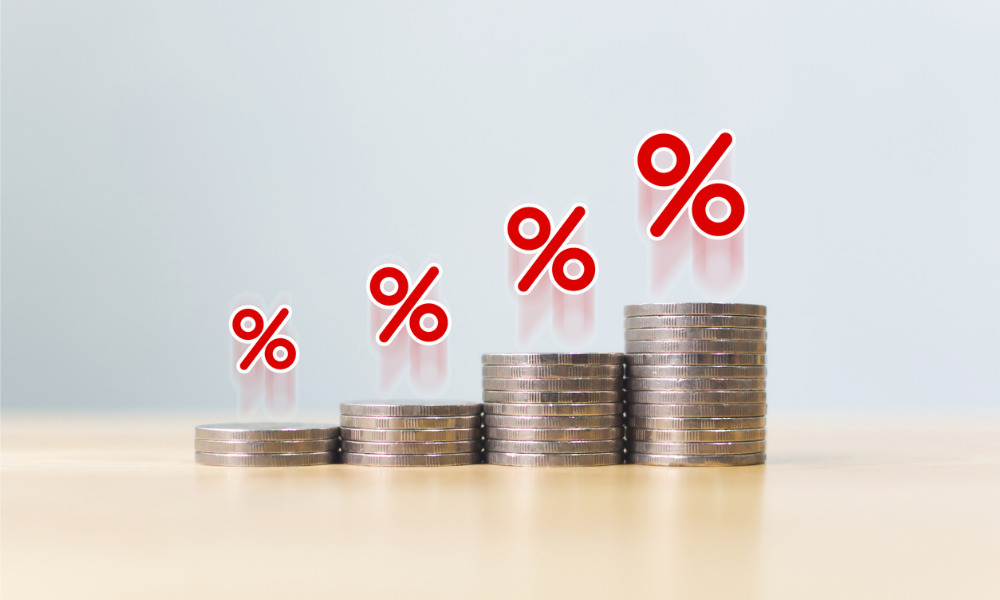Bank of Canada still focused on bringing inflation down, say economists

September could bring another round of significant interest hikes, according to a report by the Canadian Press, as several economists noted that the Bank of Canada is unlikely to relent from its fight against inflation despite the recent slowdown.
The year-over-year inflation rate slowed slightly in July to 7.6% from the near 40-year peak of 8.1% reported the month prior. This indicates that inflation in Canada may have reached its peak, but it’s still far from the Bank of Canada’s 2% target rate.
As such, economists have predicted the key interest rate may rise by three quarters of a percentage point by September.
“You need the higher rates and the inflation to cause people to slow down their spending patterns, which, in fact hasn’t happened to that greater degree,” TD chief economist Beata Caranci told the Canadian Press.
Caranci said the central bank is more focused on the influence of core measures of inflation, which aren’t as volatile as the headline number and have “remained relatively unchanged since June.” It was also noted that, during the first of the year, consumer spending in Canada increased at a faster pace compared to the US.
University of Calgary economics professor Trevor Tombe echoed this sentiment and said that the latest inflation drop won’t change the Bank of Canada’s plans, seeing as the economy doesn’t immediately feel the impact of interest rate changes.
“They’re not going to accelerate or decelerate their plans, just based on what we’re seeing in this report,” Tombe told the Canadian Press. “It is important to remember, the monetary policy takes a long time to work its way through [the economy].”
Tu Nguyen, an economist at accounting and consultancy firm RSM Canada, added that it will take some time before inflation pressures ease by a significant amount.
“It will be a while until households can breathe a sigh of relief. Wage growth continues to lag inflation, resulting in households losing purchasing power,” Nguyen said.
According to the Canadian Post, average hourly wages in Canada rose by 5.2% in July from a year ago. July’s gas prices, meanwhile, rose 36.5%, down from the 54.6% increase seen in June. Food items have also become more expensive, with the Russia invasion of Ukraine placing pressure on wheat prices.



